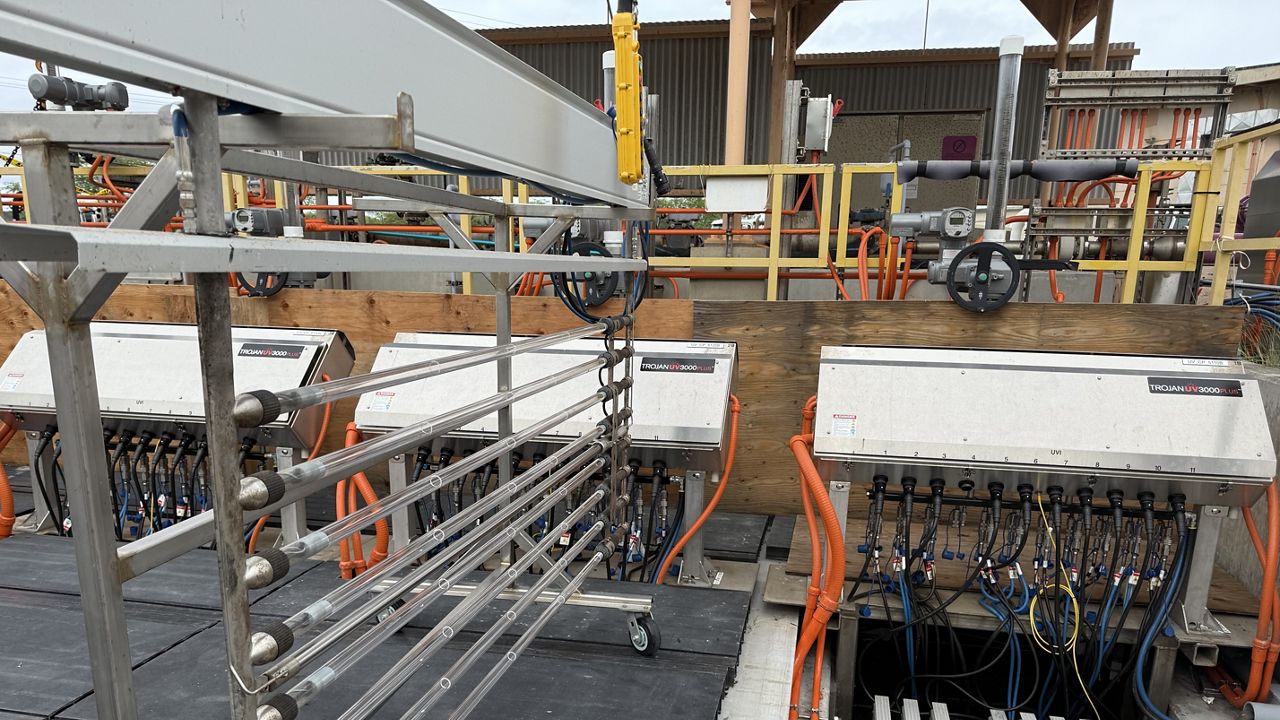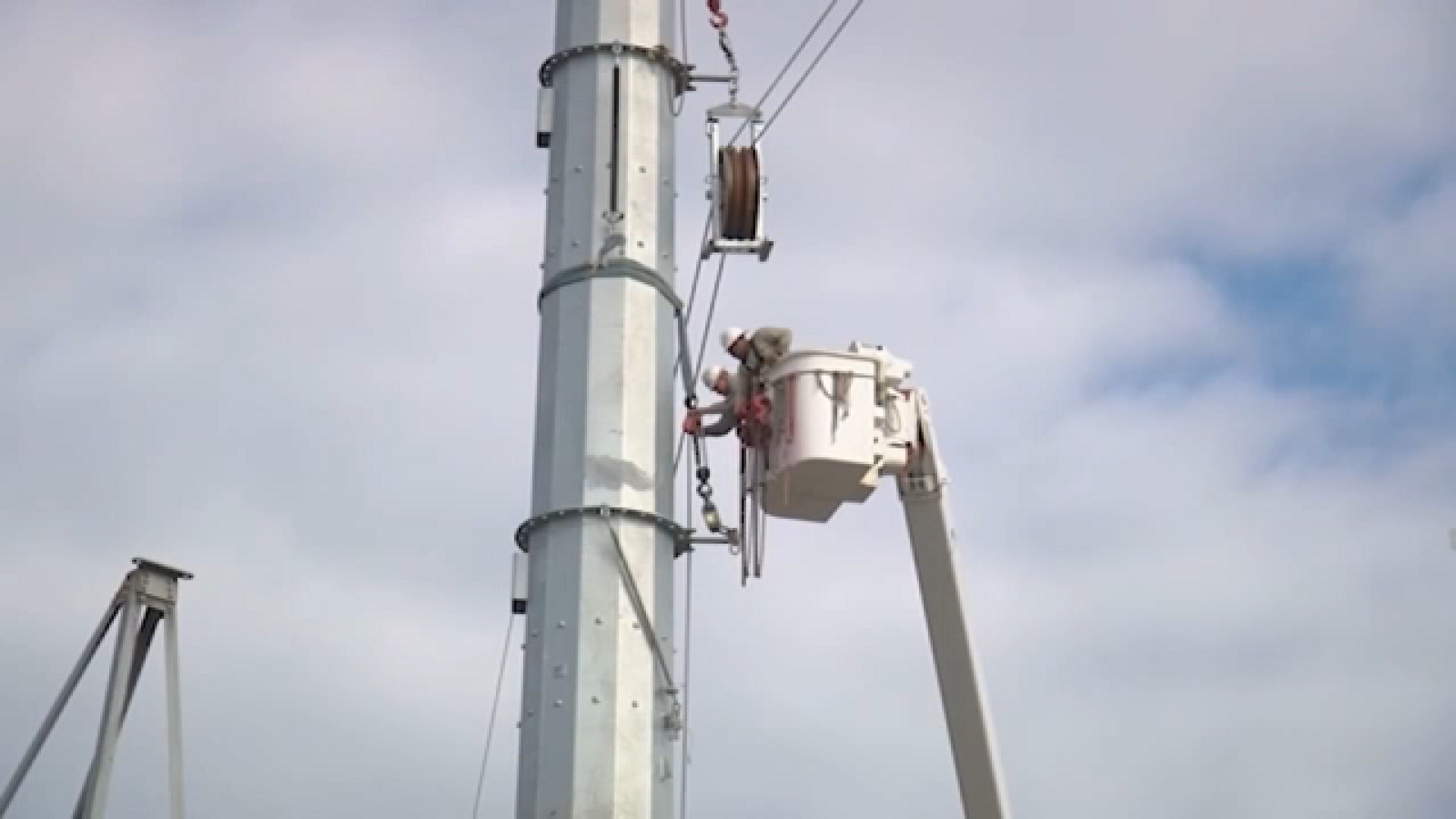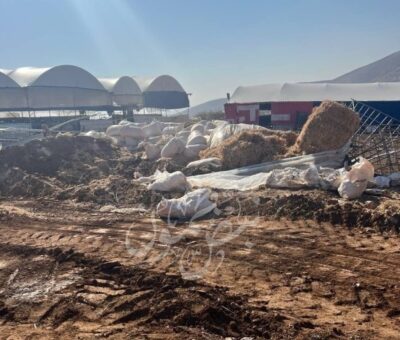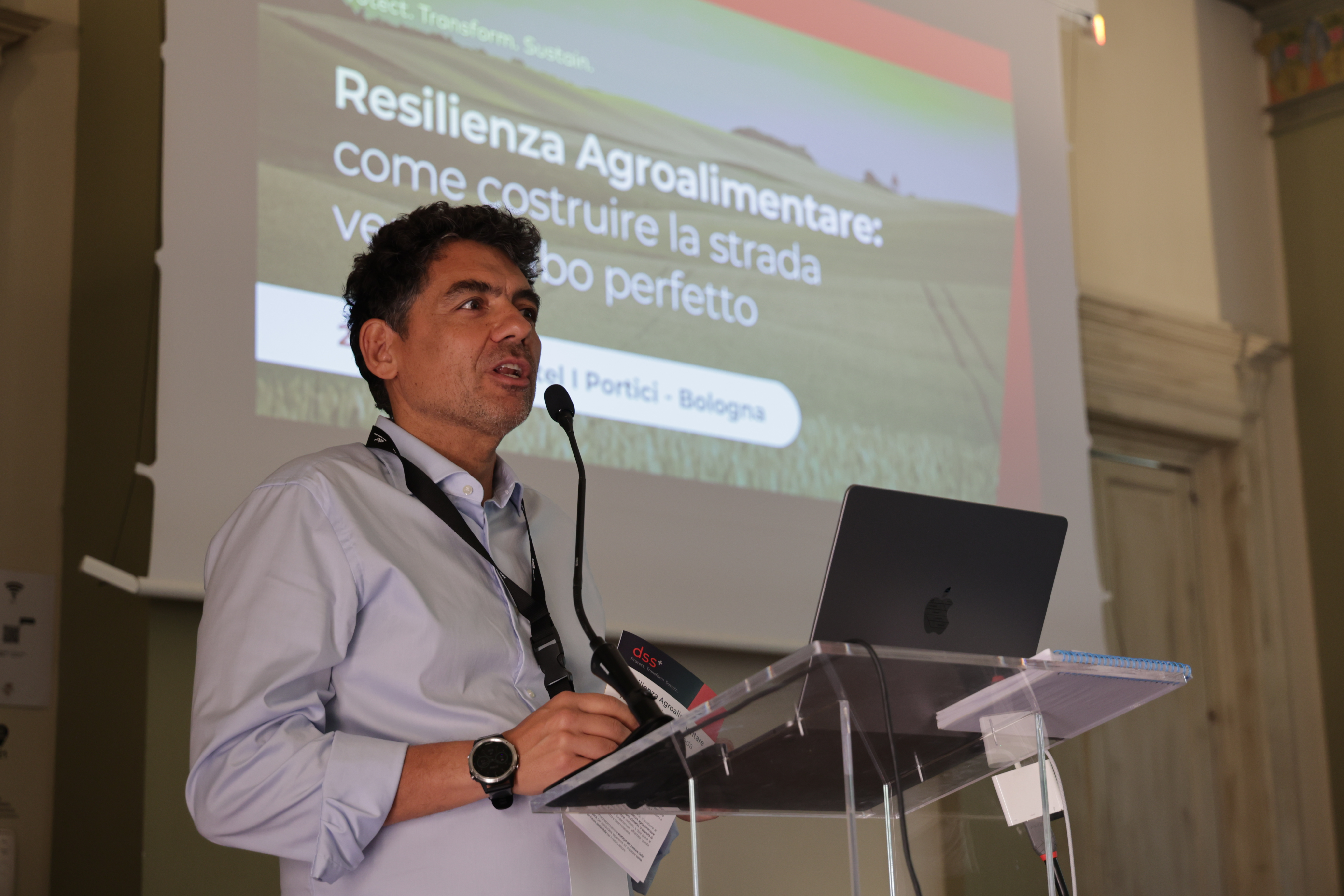Greek Police Say Millions of Euros Taken in EU Farming Funds Fraud – Balkan Insight

Report on Misappropriation of EU Agricultural Funds in Greece and its Impact on Sustainable Development Goals
Executive Summary
- An official police investigation in Greece has uncovered organized fraud involving European Union agricultural subsidies managed by the Greek Payment Authority for the Common Agricultural Policy Aid Schemes (OPEKEPE).
- The fraudulent activities, amounting to 22.7 million euros between 2019 and 2024, directly undermine the intended purpose of these funds, which is to support legitimate agricultural production and advance key Sustainable Development Goals (SDGs).
- This misappropriation represents a significant setback for SDG 2 (Zero Hunger) by diverting resources from sustainable agriculture, and it compromises SDG 16 (Peace, Justice and Strong Institutions) by exposing corruption and institutional weaknesses.
Investigation Findings and Financial Impact
- A police review of 6,354 tax identification numbers was conducted.
- Of those reviewed, 1,036 were identified as having illegally received EU agricultural subsidies.
- The total value of the embezzled funds over the 2019-2024 period is confirmed to be 22.7 million euros.
Implications for Sustainable Development Goals (SDGs)
- SDG 2: Zero Hunger: Funds intended to support sustainable agricultural practices and enhance food security were illegally diverted, weakening the resilience of the Greek agricultural sector and hindering progress towards ending hunger.
- SDG 8: Decent Work and Economic Growth: The scheme deprived legitimate farmers of essential financial support, threatening rural livelihoods and undermining sustainable economic growth within the agricultural community.
- SDG 16: Peace, Justice and Strong Institutions: The involvement of officials in a scheme to embezzle public resources highlights significant challenges in governance and institutional integrity. The subsequent investigation and legal actions are critical steps toward building effective, accountable, and transparent institutions.
- SDG 17: Partnerships for the Goals: The collaborative investigation involving Greek national police and the European Public Prosecutor’s Office (EPPO) exemplifies the cross-border partnerships necessary to combat corruption and ensure that development funds are used effectively.
Modus Operandi of the Fraudulent Scheme
- Individuals submitted false declarations to OPEKEPE, claiming ownership or lease of land they did not control.
- The scheme involved creating fake “livestock farmers” in various regions, including the island of Crete.
- Fraudulent claims were made for land unsuitable for agriculture, such as on the island of Mykonos.
- In some cases, subsidies were claimed for land located outside of Greece, in the neighboring country of North Macedonia.
Institutional Response and Legal Actions
- The Greek prosecution has ordered a formal investigation and frozen the assets of all suspects.
- Authorities are considering criminal charges, including the establishment of a criminal organization, subsidy-related fraud, and forgery.
- The European Public Prosecutor’s Office (EPPO) is conducting a parallel investigation into the matter.
- The EPPO has forwarded information to the Greek parliament concerning the alleged involvement of two former rural development ministers.
- A parliamentary investigative committee is scheduled to convene on September 15 to examine the role of OPEKEPE in the subsidy fraud, reinforcing accountability mechanisms in line with SDG 16.
Analysis of Sustainable Development Goals in the Article
1. Which SDGs are addressed or connected to the issues highlighted in the article?
-
SDG 16: Peace, Justice and Strong Institutions
- The article’s central theme is a large-scale fraud and corruption case involving public funds and government officials. It details the investigation into “organised fraud with EU agricultural funds involving officials of the Greek Payment Authority” (OPEKEPE). This directly relates to the goal of building effective, accountable, and inclusive institutions and combating corruption.
-
SDG 2: Zero Hunger
- The embezzled funds were “EU agricultural subsidies” intended to “support Greek agricultural production.” The fraud undermines efforts to support the agricultural sector, which is a key component of ensuring food security and promoting sustainable agriculture. The article notes that fake “livestock farmers” received subsidies, diverting resources from genuine agricultural activities.
2. What specific targets under those SDGs can be identified based on the article’s content?
-
Target 16.5: Substantially reduce corruption and bribery in all their forms
- The entire article is about a major corruption case. The police investigation into “organised fraud,” the embezzlement of “22.7 million euros,” and the potential for criminal prosecution for “fraud related to subsidies” are direct examples of issues that this target aims to address. The actions taken by the Greek police, the prosecution, and the European Public Prosecutor’s Office (EPPO) represent efforts to combat this corruption.
-
Target 16.6: Develop effective, accountable and transparent institutions at all levels
- The fraud involved “officials of the Greek Payment Authority for the Common Agricultural Policy Aid Schemes, known as OPEKEPE.” This points to a failure of institutional accountability and transparency. The decision to summon a “parliamentary investigative committee… to examine the role of OPEKEPE” is a direct response aimed at strengthening institutional oversight and accountability.
-
Target 2.a: Increase investment, including through enhanced international cooperation, in rural infrastructure, agricultural research and extension services, technology development and plant and livestock gene banks in developing countries, in particular least developed countries, to enhance agricultural productive capacity
- The EU agricultural funds are a form of investment intended to support and enhance agricultural production. The article highlights how this investment was undermined, stating that “valuable public resources… are intended to support Greek agricultural production, not the illegal and unjustified enrichment of some.” The diversion of €22.7 million is a direct loss to the investment meant for the agricultural sector.
3. Are there any indicators mentioned or implied in the article that can be used to measure progress towards the identified targets?
-
Indicators for Target 16.5
- Value of embezzled funds: The article explicitly states that “EU agricultural subsidies amounting to 22.7 million euros” were illegally received. This monetary value serves as a direct indicator of the scale of the corruption.
- Number of individuals/entities investigated: The investigation covered “6,354 tax identification numbers, of which 1,036 were identified as having illegally received” funds. This provides a quantitative measure of the extent of the fraud.
- Prosecution and legal action: The article mentions that the “prosecution has already ordered an investigation,” assets have been frozen, and the case is being investigated by the “European Public Prosecutor’s Office, EPPO.” The number of prosecutions and investigations initiated are key indicators of anti-corruption efforts.
-
Indicators for Target 16.6
- Institutional reform and oversight: The establishment of a “parliamentary investigative committee… to examine the role of OPEKEPE” is an indicator of action being taken to improve institutional accountability. The findings and recommendations of this committee would be a measure of progress.
-
Indicators for Target 2.a
- Amount of diverted agricultural investment: The €22.7 million in illegally obtained subsidies is a direct indicator of the financial resources that were diverted from their intended purpose of supporting agricultural production.
4. Summary Table of SDGs, Targets, and Indicators
| SDGs | Targets | Indicators |
|---|---|---|
| SDG 16: Peace, Justice and Strong Institutions | 16.5: Substantially reduce corruption and bribery in all their forms. |
|
| SDG 16: Peace, Justice and Strong Institutions | 16.6: Develop effective, accountable and transparent institutions at all levels. |
|
| SDG 2: Zero Hunger | 2.a: Increase investment… to enhance agricultural productive capacity. |
|
Source: balkaninsight.com

What is Your Reaction?
 Like
0
Like
0
 Dislike
0
Dislike
0
 Love
0
Love
0
 Funny
0
Funny
0
 Angry
0
Angry
0
 Sad
0
Sad
0
 Wow
0
Wow
0










































































